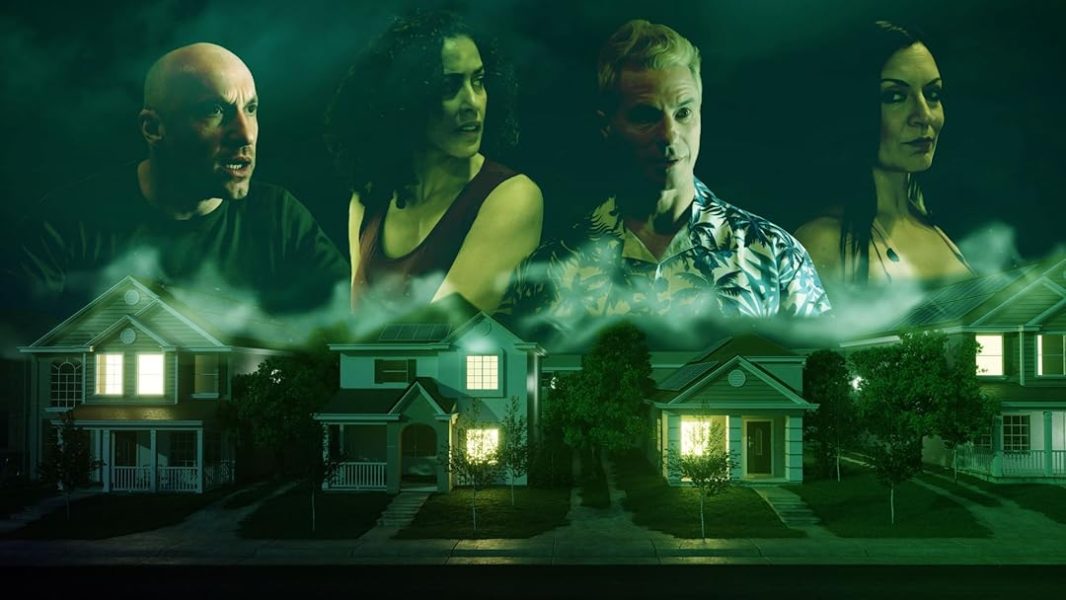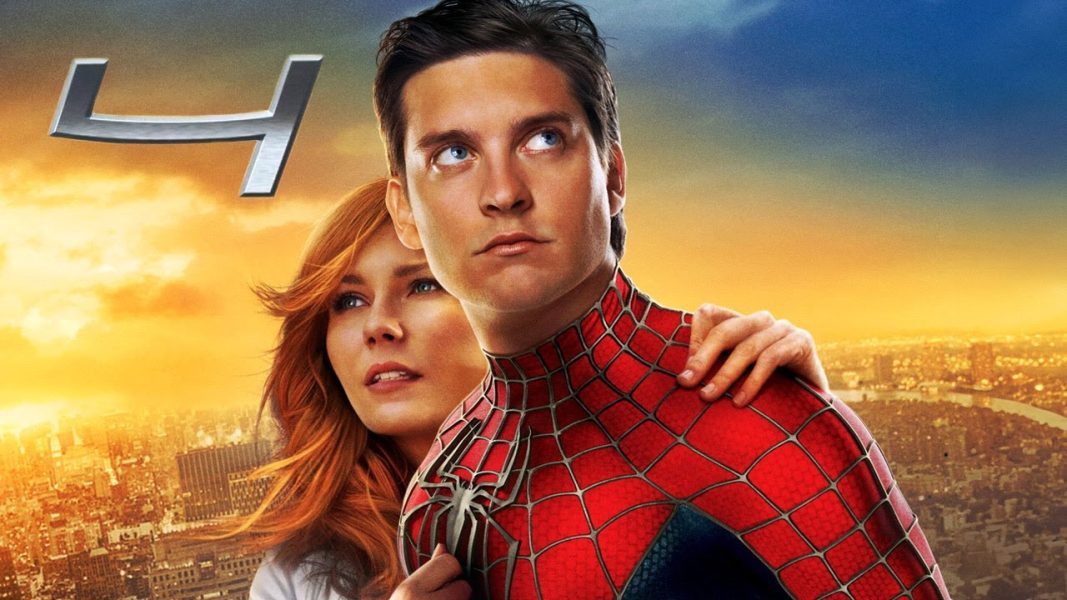No Time to Die (2021)—A Satisfying Send-Off to Daniel Craig’s 007

The name’s Bond. James Bond. Daniel Craig’s Bond comes to a conclusion in his fifth and final movie playing the titular MI6 superspy. After the sleepy sequel to 2012’s Skyfall failed to impress audiences, MGM decided to make a final film that would close the Craig-era Bond for good. Does this film do a proper job sending off his character?
The film begins with Madeleine Swann (played by Lea Seydoux) having a flashback to her childhood when she witnessed the death of her mother and her own near death at the hands of a masked killer, Safin (played by Rami Malek). Later, during Bond and Swann’s honeymoon, she asks Bond whether he could forgive Vesper Lynd for betraying him. The next day, Bond goes to Vesper’s grave to forgive her. However, he is quickly ambushed by Ernst Blofeld’s men. Bond incapacitates his attackers and escapes back to Swan. Bond breaks things off with Swann, sending her away on a train, telling her that she would never see him again. Five years later, MI6 scientist Dr. Obruchev is captured by Blofeld’s men and forced to develop Project Heracles, a bioweapon that acts as a virus. Bond is then recruited by CIA agent Felix Leiter (played by Jeffery Wright) and his colleague Logan Ash (played by Billy Magnussen) to find Dr. Obruchev. At first, Bond is hesitant, however, after finding out that MI6 has found a 007 replacement, he agrees to the mission.
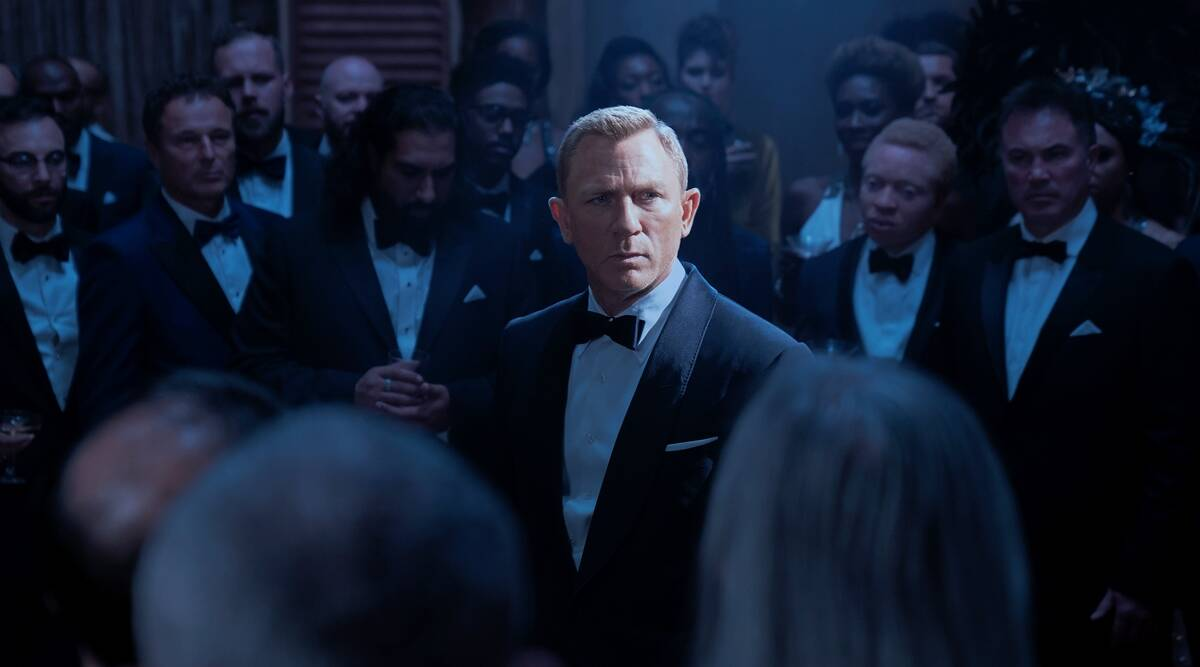
I really enjoyed how No Time to Die (2021) parallels the other Craig-era Bond films. The opening credits scene reminded me of Skyfall (2012), especially when we go underwater, and the bullets firing off DNA-shaped rungs was similar to the opening scene of Casino Royale (2006). In addition, the death of Felix was a direct callback to the death of Vesper, where Felix dies submerged in water, similar to Vesper.
Additionally, No Time to Die (2021) has some of my favorite cinematography in any James Bond movie. The transitions are so smooth and add to the perspective of the characters and what’s happening. My favorite example of this happening is the scene where Blofeld’s men rope down to kidnap Dr. Obruchev. The way the camera pans from the last shot of the opening credits to the shot to the commandos rappelling down is breathtaking and for me, was the giveaway that the film was not directed by Sam Mendes. Director Cary Joji Fukanaga has a very unique directing style that is desperately needed in Hollywood and I hope he goes on to find further success.
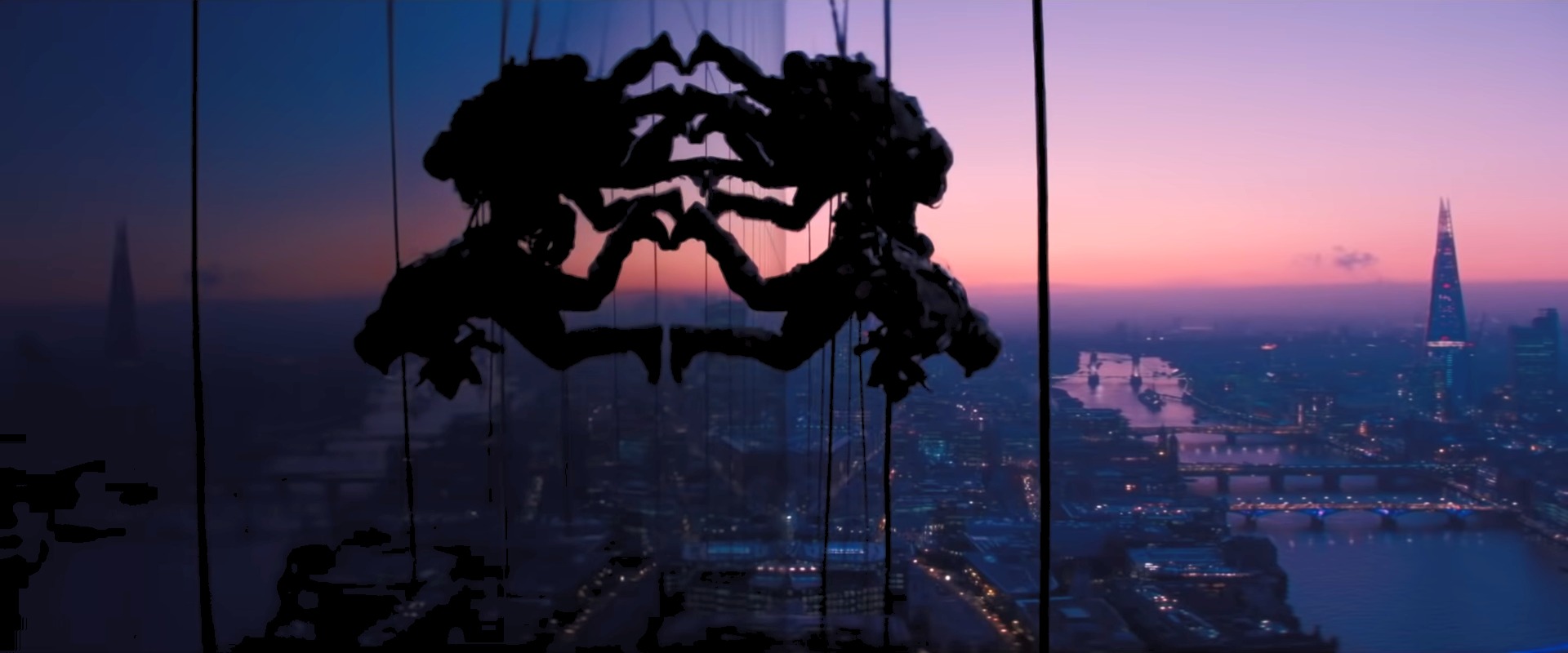
Additionally, I loved a lot of the new characters, especially Ana de Armas’s character, Paloma. She has this happy-go-lucky persona that perfectly bounces off Bond’s hardened and bleak worldview. Even Bond, who normally has a no-nonsense attitude, softens up for her, sharing a few drinks with her during their mission together. Despite her bubbly attitude, she is no less capable than Bond. My favorite line from her was how she claimed to have only 3 weeks training, but managed to kick ass, surprising Bond.

When I first saw the trailer for No Time to Die (2021), I thought that she would be just another Bond girl for Bond to flirt and sleep with. I’m glad I was proven wrong. Paloma is what is lacking in a Bond movie: a strong, independent female character that can hold her own in combat. Although she only had about 5 minutes of screen time, she had great chemistry with Bond and I seriously hope that MGM considers making a spinoff movie about her character.
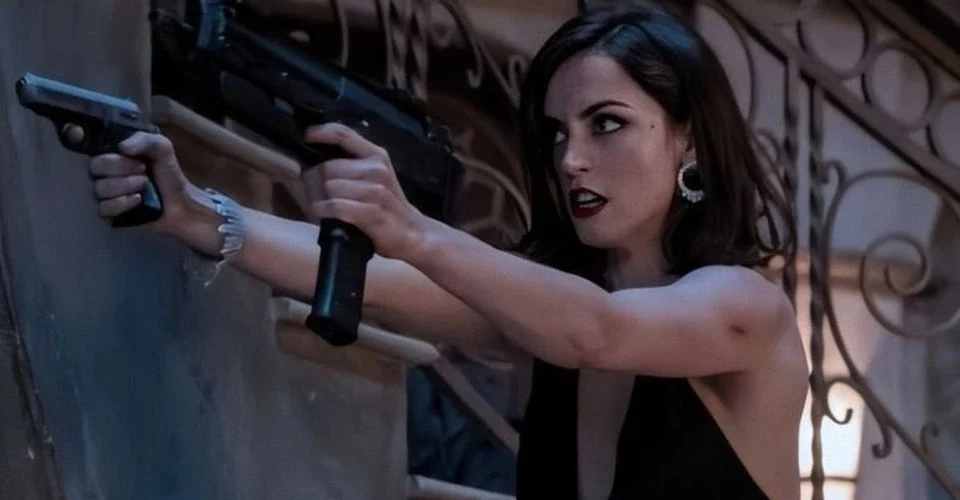
There has been a lot of debate amongst fans about the possibility of having a black man or woman play James Bond. Daniel Craig himself said that James Bond should be played by a man and that there are many better roles for women in action films to play. I felt that this film decided to test that with having a black woman play agent 007. Personally, I didn’t see a problem with this, because she’s not James Bond, just an agent that happens to have the 007 code number. However, for the character of James Bond, I agree with Craig’s statements above, because I believe in the realm of action movies and film in general, the possibilities for a well-written female character are endless. I wish that more actresses, and female directors got involved in the action genre, since film is a medium for anyone to create and tell their stories.
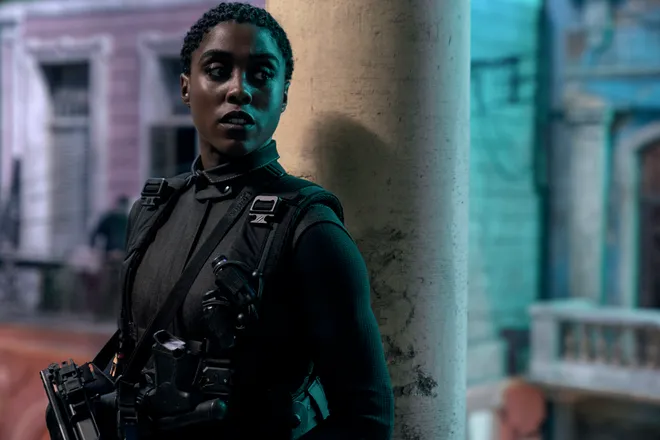
Perhaps the biggest shock I had while watching the film was the third act. At first, it seemed like a typical Bond movie: the bad guys plan to take over the world and Bond has to stop them. However, the big twist is that Bond does not survive the third act. In past iterations of Bond, he usually comes out unscathed from fights. However, in No Time to Die (2021), Bond does exactly that: he dies. I was surprised that the film had the balls to kill him off; we usually expect him to survive his final mission against Safin and Project Heracles, and spend the rest of his life with Swann and their daughter. But that’s not realistic for him given his current situation. Whether or not you like Daniel Craig’s James Bond, you can’t deny that this film will be known as “the film for killing off Bond.”
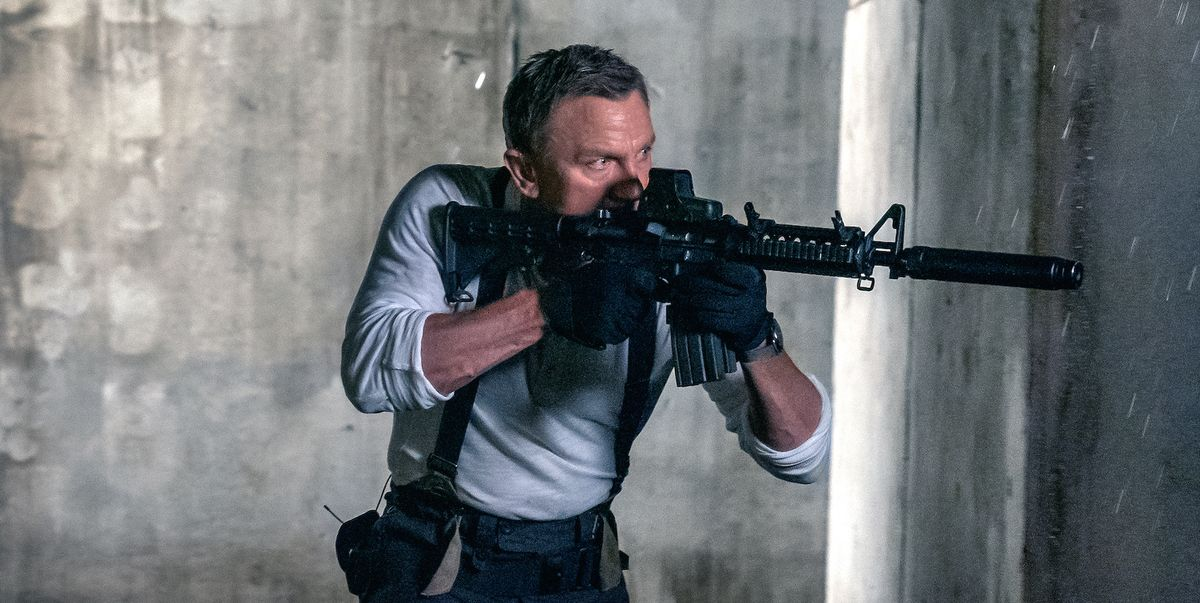
Another thing I just noticed was how convenient the plot of the movie was: Bond literally faces off against a bioweapon created in a lab. Project Heracles even affects people differently: certain people can be infected and will die gruesomely, while others will not experience any symptoms. Sound familiar? I think not!
While I loved the cinematography, I was disappointed with how the fight scenes were shot. Most of the action was shot using close-ups and shaky cam. You would think that filmmakers would learn that audiences love to see the action going on in the film, but I digress. This was one of the reasons why so many people, including myself, liked the John Wick movies: they kept the camera still so you can appreciate the fight choreography. Additionally, I felt like the main villain, Safin, wasn’t as interesting of a character compared to some of the other villains Craig’s Bond faced. I didn’t really know his motivations, which made it difficult for me to care about his character. For Craig’s final Bond movie, I wished they had a more compelling villain. However, at least Safin was a better villain than Ernst Blofeld, though that’s not saying much.
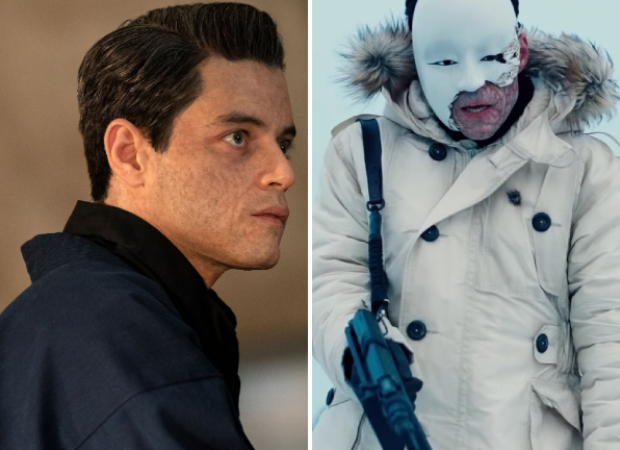
The song No Time to Die by Billie Eilish and Phinneas was one of the most unexpectedly good parts of the film. When it was first announced that Billie Eilish would sing the title song, I was initially disappointed, as I believed that she was not a good fit for the job. However, when I listened to the song, I was amazed at how raw and emotional it was, while still possessing a very unique sound. It’s a slow burn that epitomizes the central struggle of the main characters while still having an epic feel to it. Additionally, the score by Hans Zimmer had a great mix of classic Bond and Zimmer’s trademark sound that you would recognize from Inception (2010) and The Dark Knight (2008). It mixes the Bond theme well, allowing for each moment between Bond and Swann to act as a catalyst for heartbreak from the past, while foreshadowing the tragic future.
All-in-all, No Time to Die (2021) is an excellent send off to the Craig-era Bond. Is it perfect? No. However, the film takes several creative risks that pay off and add more to the story, rather than detract from it. It balances the human side of James Bond while also making him kick ass as the superspy we all know and love, and in the end, makes you realize that Bond is still just a man. This film is what Black Widow (2021) should’ve been: an emotional send off to a beloved character. Go see this movie, but be emotionally prepared, for you will leave with so many feelings and a sense of payoff.




